Achilles Tendinitis: Symptoms, Causes, Prevention
Achilles tendinitis is a prevalent overuse injury that impacts the Achilles tendon—a critical band of tissue that connects the calf muscles to the heel bone.
Sept. 17, 2023, 2 min read, Articles
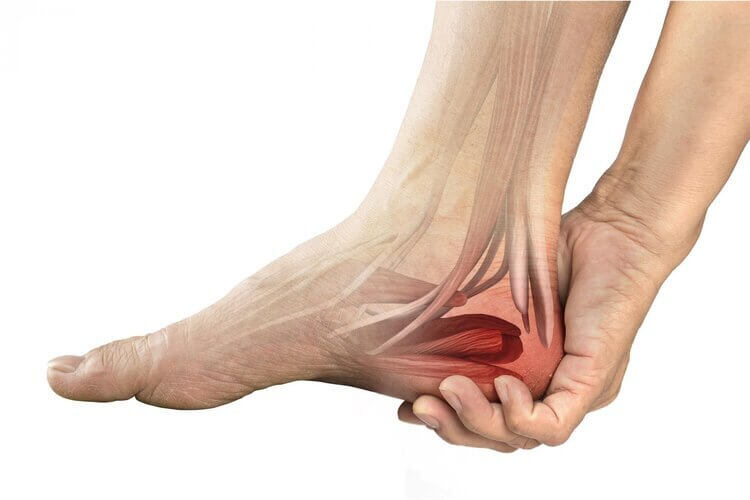
Heel pain can be a nagging and uncomfortable issue that affects many people. In this article, we will explore the various causes of heel pain, common symptoms associated with it, and the available treatments that can help you find relief and get back to your active lifestyle.
The symptoms of heel pain can vary depending on the underlying cause, but they often include:
Pain: Usually felt on the underside or back of the heel.
Tenderness: The affected area may be tender to the touch.
Stiffness: Difficulty in moving the foot, especially in the morning.
Swelling: Inflammation and swelling of the heel.
Treatment for heel pain depends on the cause and severity of the condition. Common treatment options include:
Rest: Giving your feet a break from strenuous activities.
Ice: Applying ice to reduce inflammation.
Stretching Exercises: To improve flexibility and strength in the foot and calf muscles.
Orthotic Inserts: Custom or over-the-counter inserts to provide better arch support.
Medications: Over-the-counter pain relievers or anti-inflammatories.
Physical Therapy: Engaging in physiotherapy exercises to alleviate pain and improve function.
Injections: Corticosteroid injections for more severe cases.
Surgery: In rare instances, surgical intervention may be necessary.
To prevent heel pain, consider these tips:
Wear Proper Footwear: Choose shoes with good arch support and cushioning.
Maintain a Healthy Weight: Excess weight can put extra strain on the heels.
Stretch Regularly: Stretch your calf muscles and Achilles tendon.
Avoid Overuse: Gradually increase the intensity of physical activities to avoid overuse injuries.
Listen to Your Body: If you experience pain, rest and seek medical advice.
Heel pain is a common ailment that can affect your daily life, but with the right care and treatment, you can find relief and return to your normal activities. If you're experiencing persistent heel pain, consult a healthcare professional for an accurate diagnosis and personalized treatment plan.
Achilles tendinitis is a prevalent overuse injury that impacts the Achilles tendon—a critical band of tissue that connects the calf muscles to the heel bone.
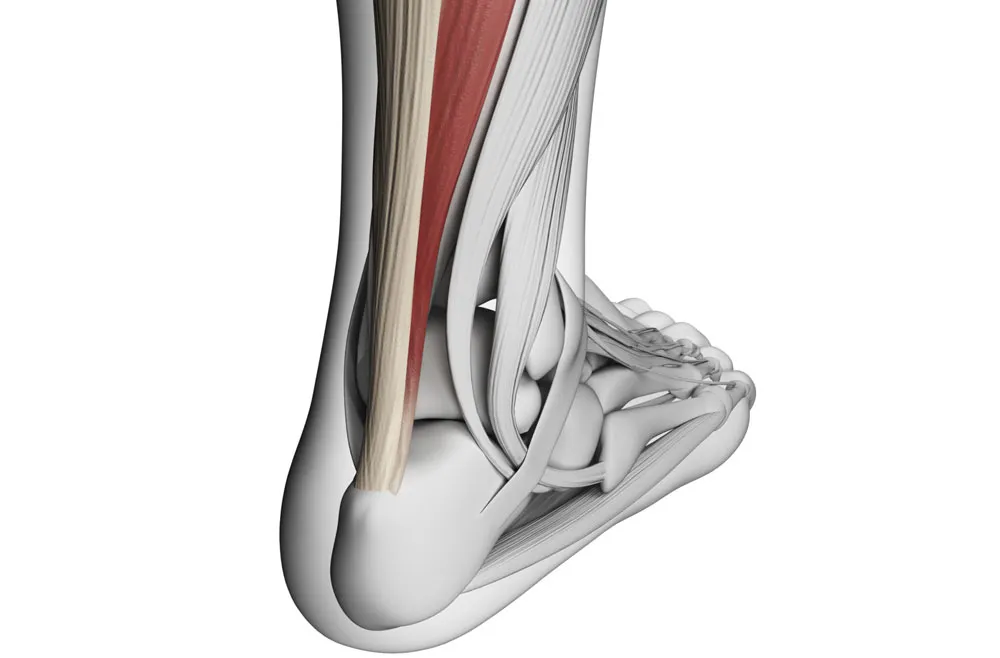
Back pain is a prevalent and often debilitating condition that can affect individuals of all ages and walks of life.

Arthritis is a common and often painful condition that affects millions of individuals worldwide. It's not a single disease but rather a group of more than 100 different types of joint-related conditions.
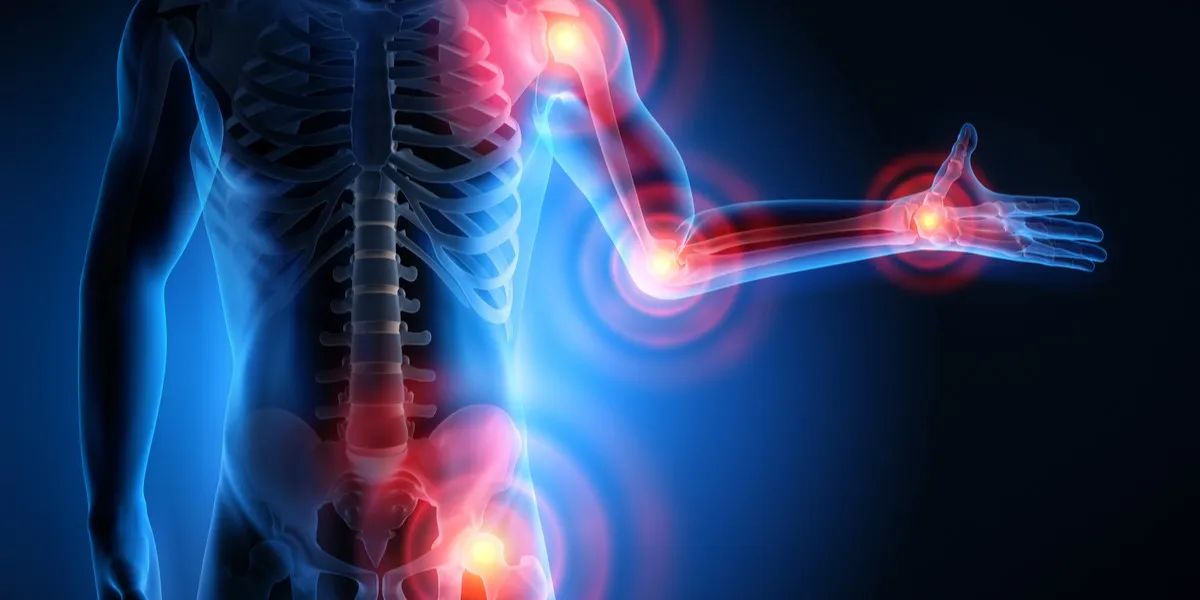
Ankle injuries are prevalent in the world of sports and can be a significant setback for athletes.
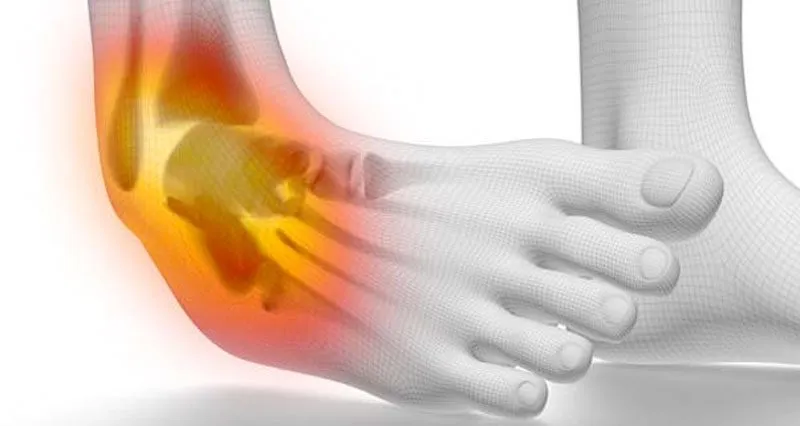
Amyotrophic Lateral Sclerosis (ALS), often referred to as Lou Gehrig's disease, is a progressive neurodegenerative disorder that affects nerve cells in the brain and spinal cord.
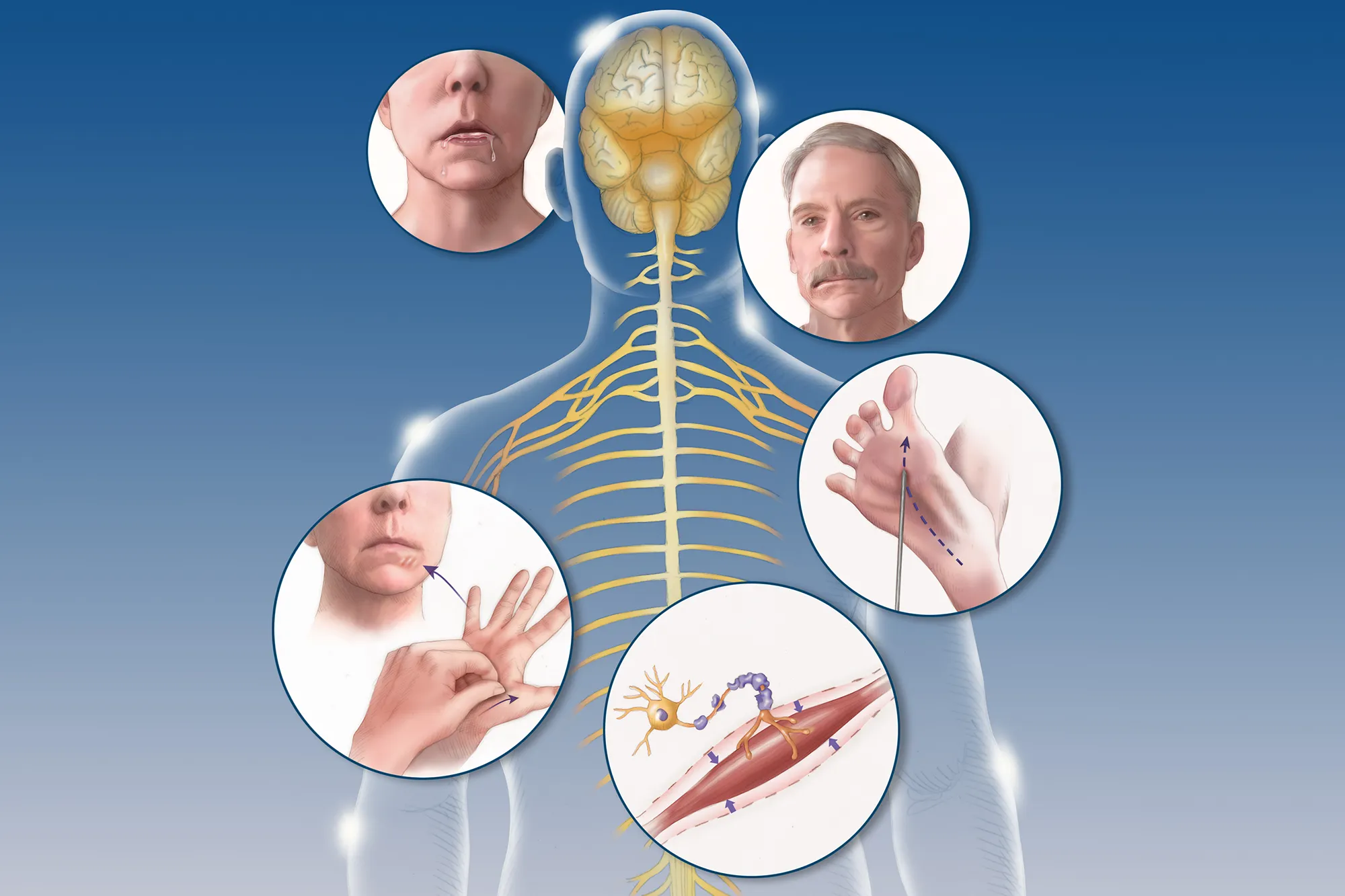
Degenerative Disc Disease (DDD) is a common condition that affects the intervertebral discs in the spine.
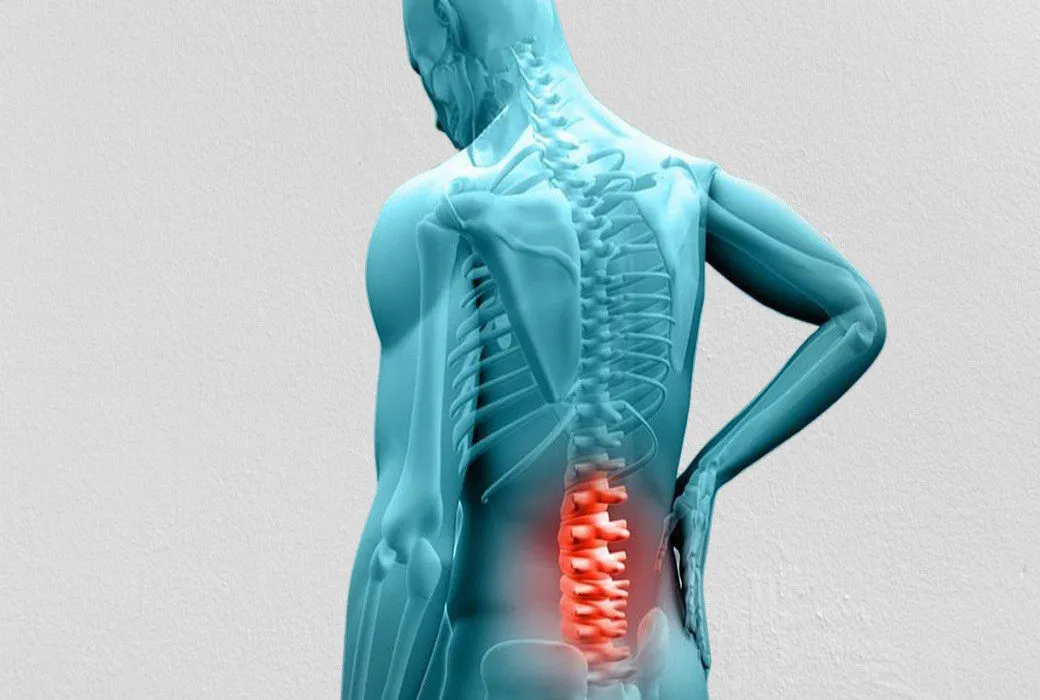
Myalgic Encephalomyelitis/Chronic Fatigue Syndrome (ME/CFS) is a perplexing and debilitating condition that impacts individuals, often altering their daily lives and challenging conventional understanding.
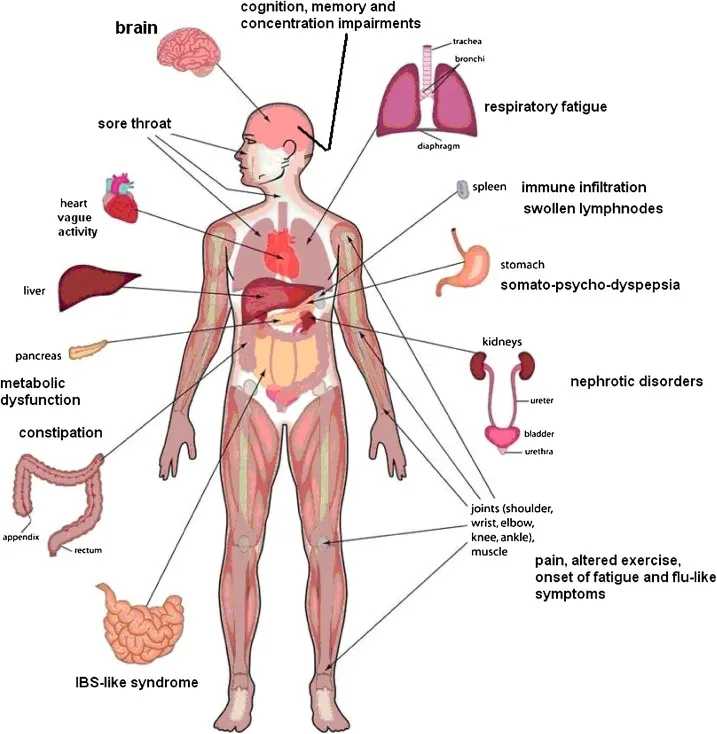
Muscular dystrophy encompasses a group of diseases leading to progressive muscle weakness and loss of muscle mass. The development of abnormal genes disrupts the production of necessary proteins crucial for healthy muscle function.

Fibromyalgia stands as a complex and often misunderstood condition characterized by widespread musculoskeletal pain, fatigue, and sleep disturbances
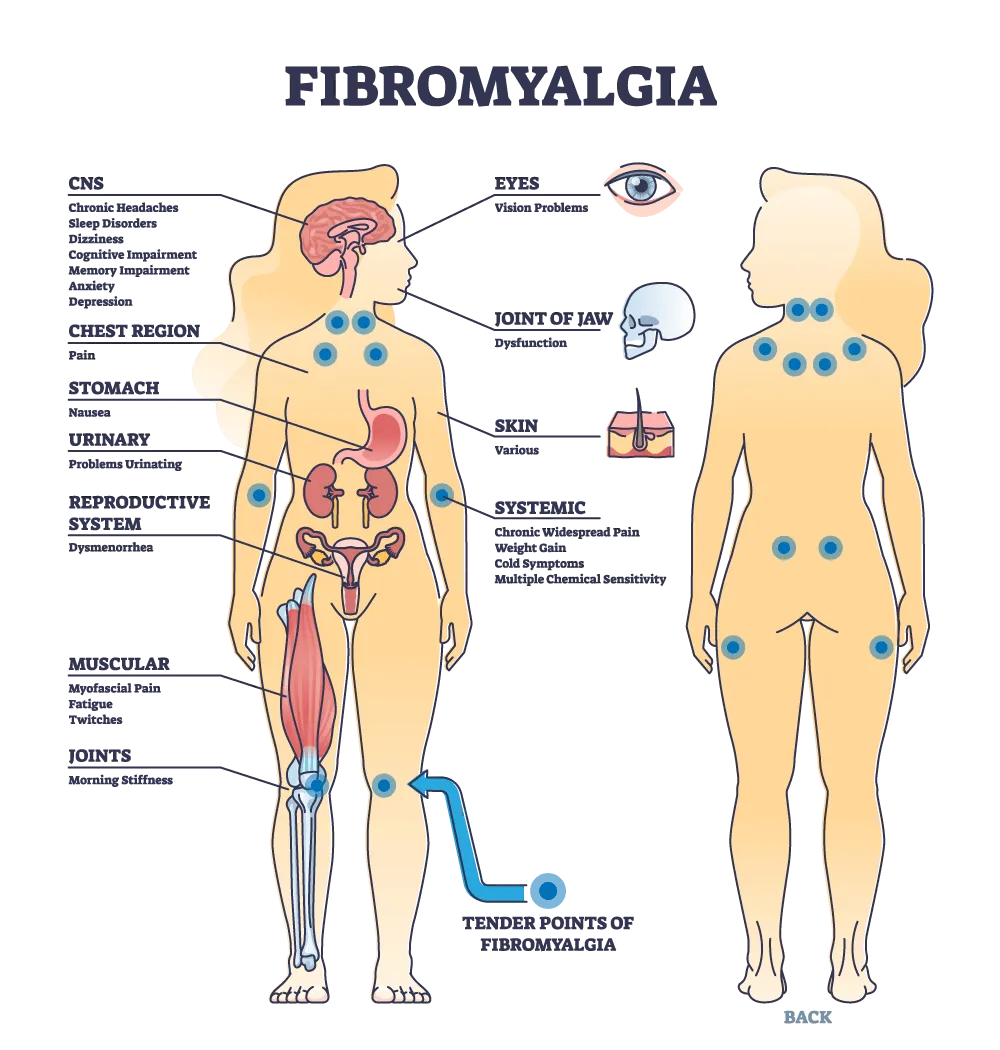
Bunions, medically referred to as "hallux valgus," are a common and often painful foot deformity that affects the joint at the base of the big toe.
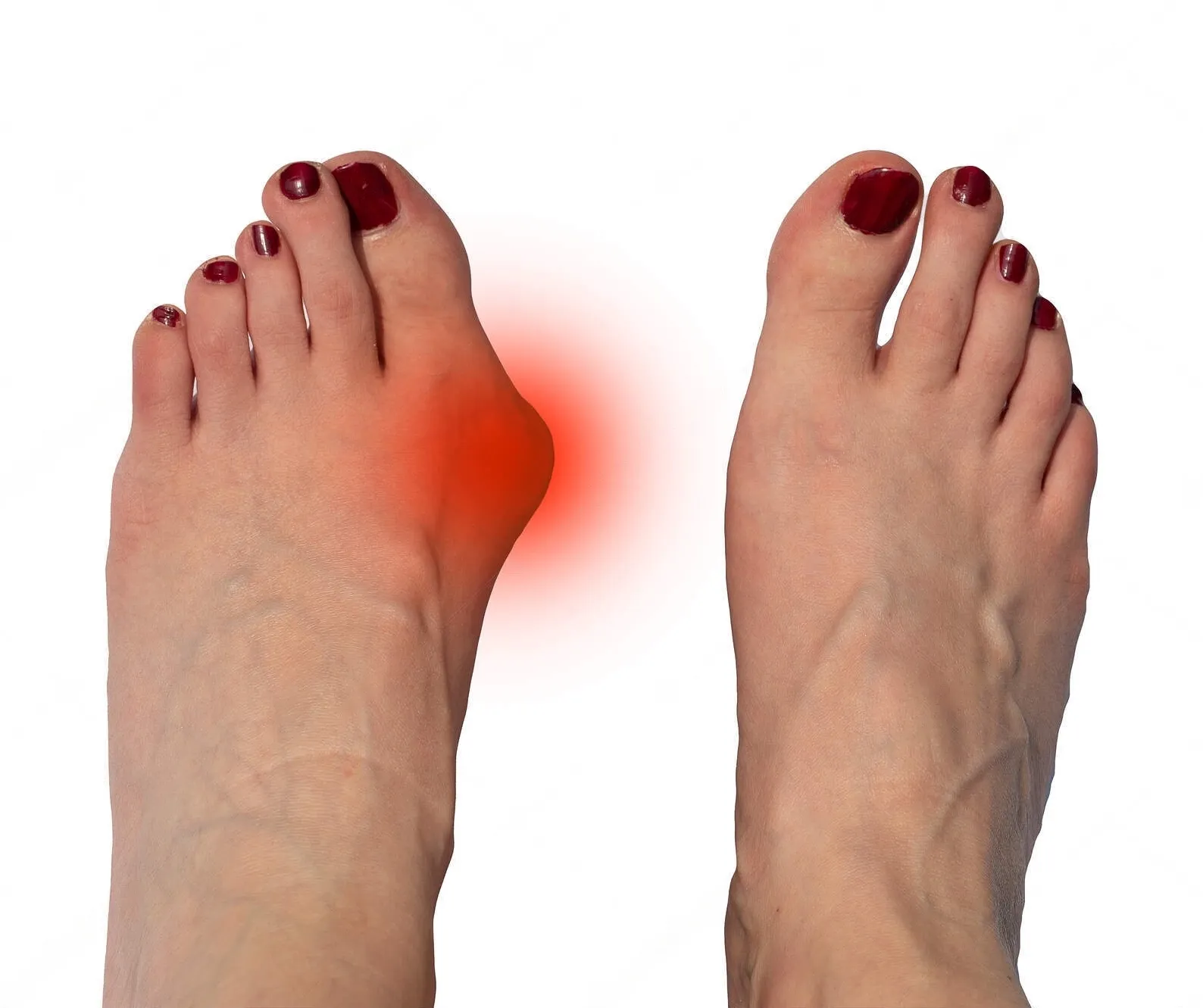
Herniated disc symptoms can be debilitating, causing pain, numbness, and mobility limitations.
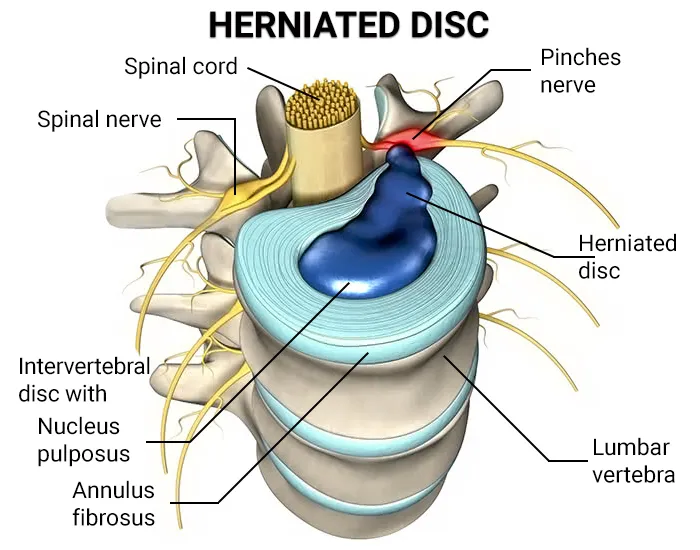
A heel spur is a bony growth that pokes out below your back heel bone inside of your foot. Heel spurs happen when stress and strain damages your foot ligaments.
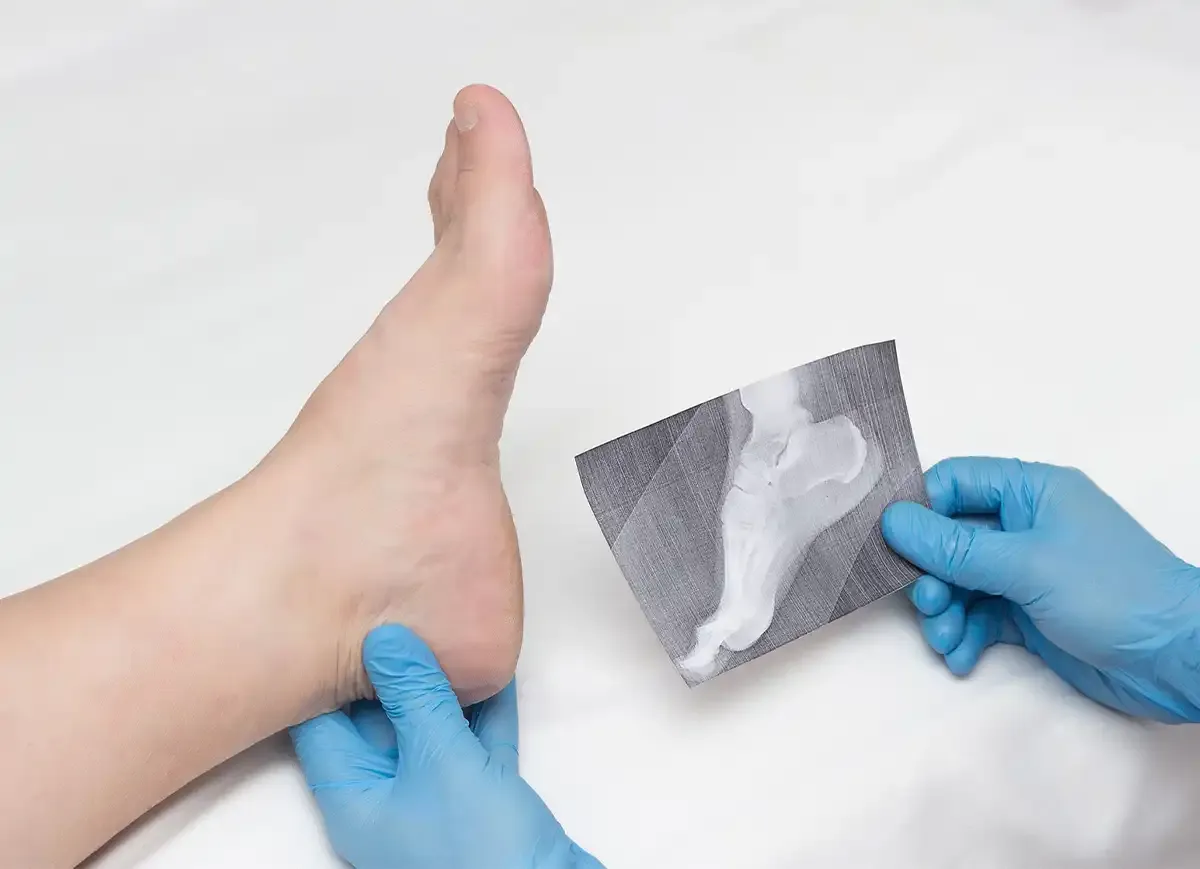
Knee pain is a widespread issue that can significantly impact a person's mobility and quality of life.Knee pain is a widespread issue that can significantly impact a person's mobility and quality of life.
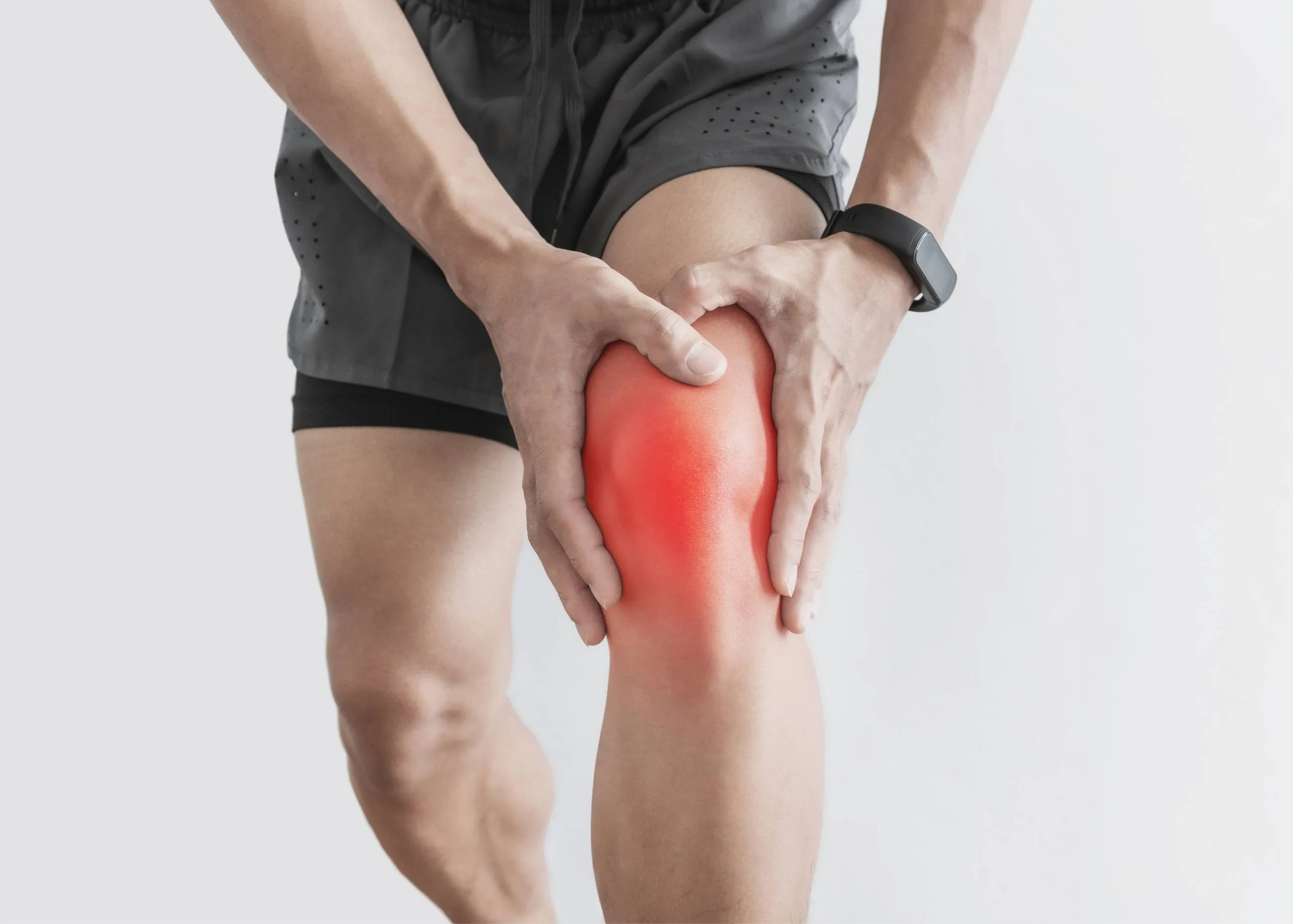
Military Neck, also referred to as Cervical Kyphosis, is a condition that affects the natural curvature of the cervical spine, resulting in the loss of its typical curve.
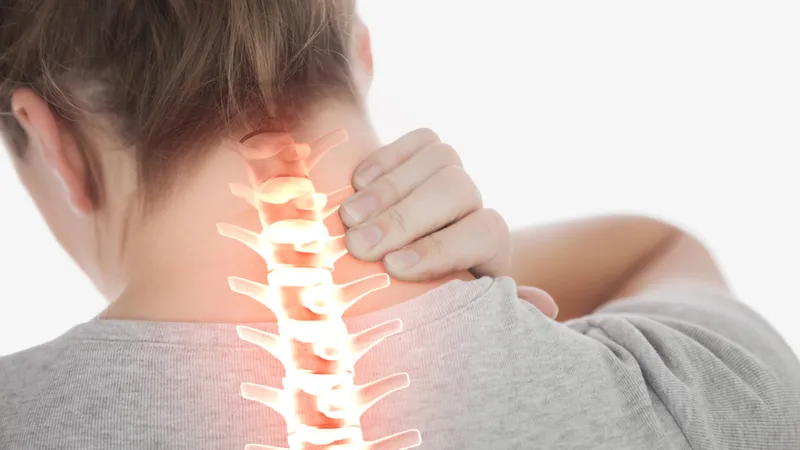
Migraines and headaches are prevalent neurological disorders that affect a significant portion of the population.

Lymphedema is a chronic condition characterized by the accumulation of lymphatic fluid, leading to persistent swelling, typically in the arms or legs.
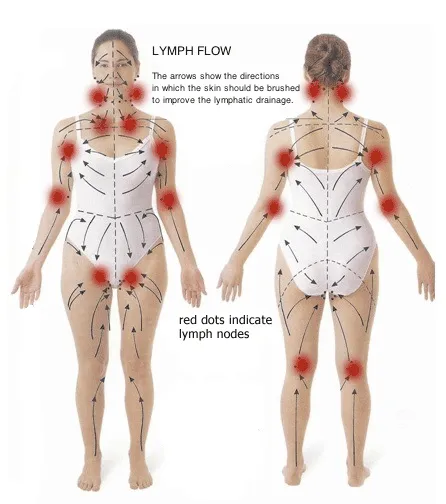
Plantar fasciitis is a common and often painful foot condition that affects millions of people worldwide.
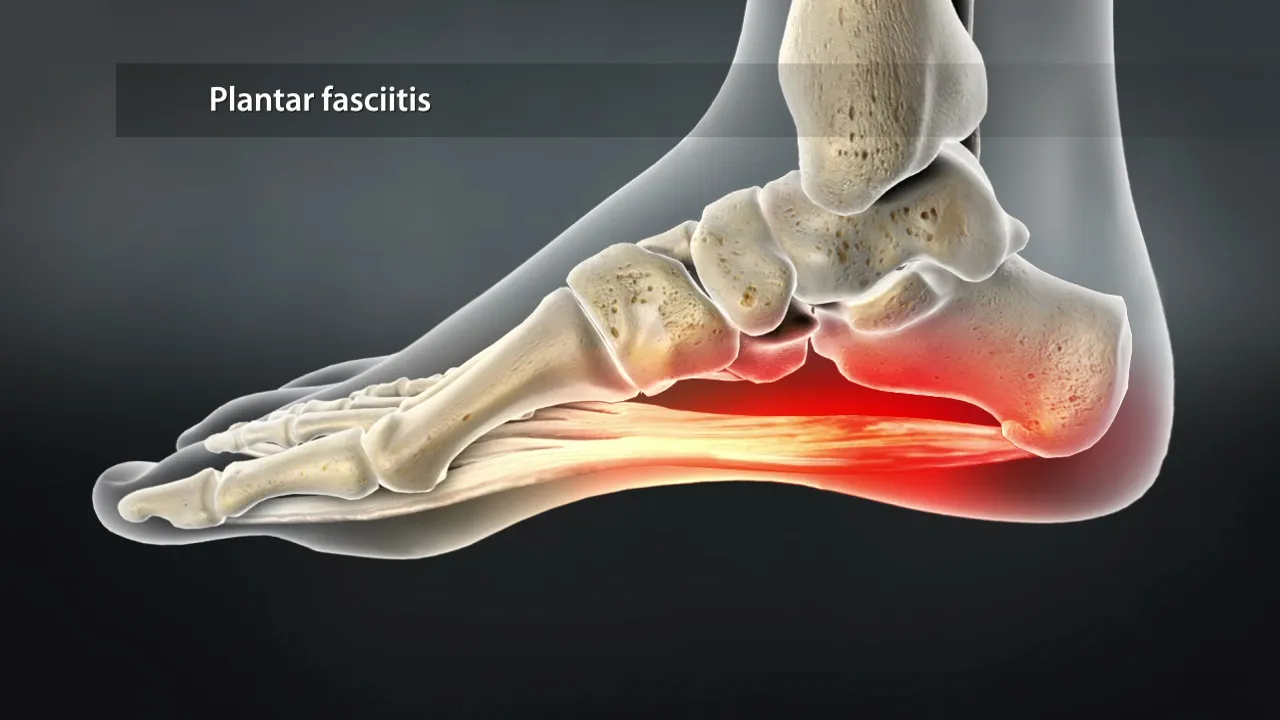
Piriformis syndrome is a perplexing condition, often overshadowed by more common sources of hip and lower back pain.
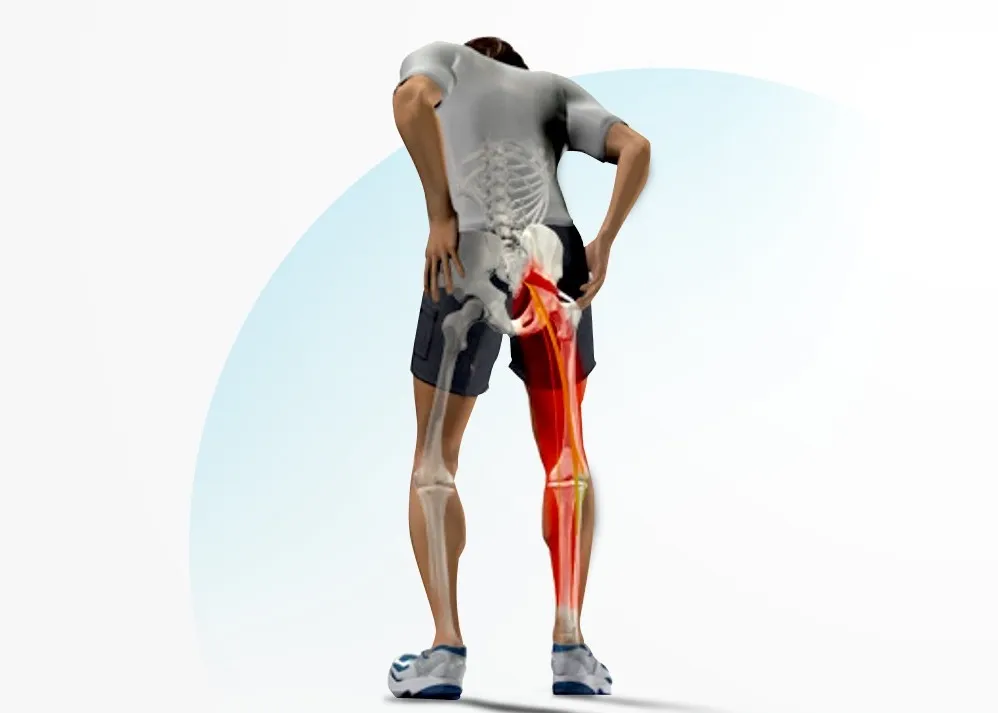
motor vehicle accidents (MVA) can result in a wide range of injuries, from minor bruises to severe trauma. in the aftermath of such incidents, seeking prompt medical attention is crucial for assessing and addressing any injuries sustained.

Sarcopenia is the gradual loss of muscle mass that can affect people in their 30s and beyond. WebMD explains its symptoms, causes, diagnosis, and treatments.
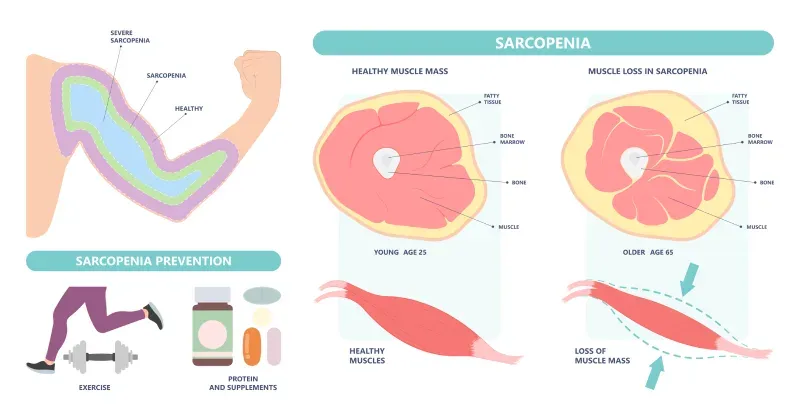
Spinal stenosis, a prevalent spinal condition, is characterized by the narrowing of the spinal canal, leading to discomfort and neurological symptoms.
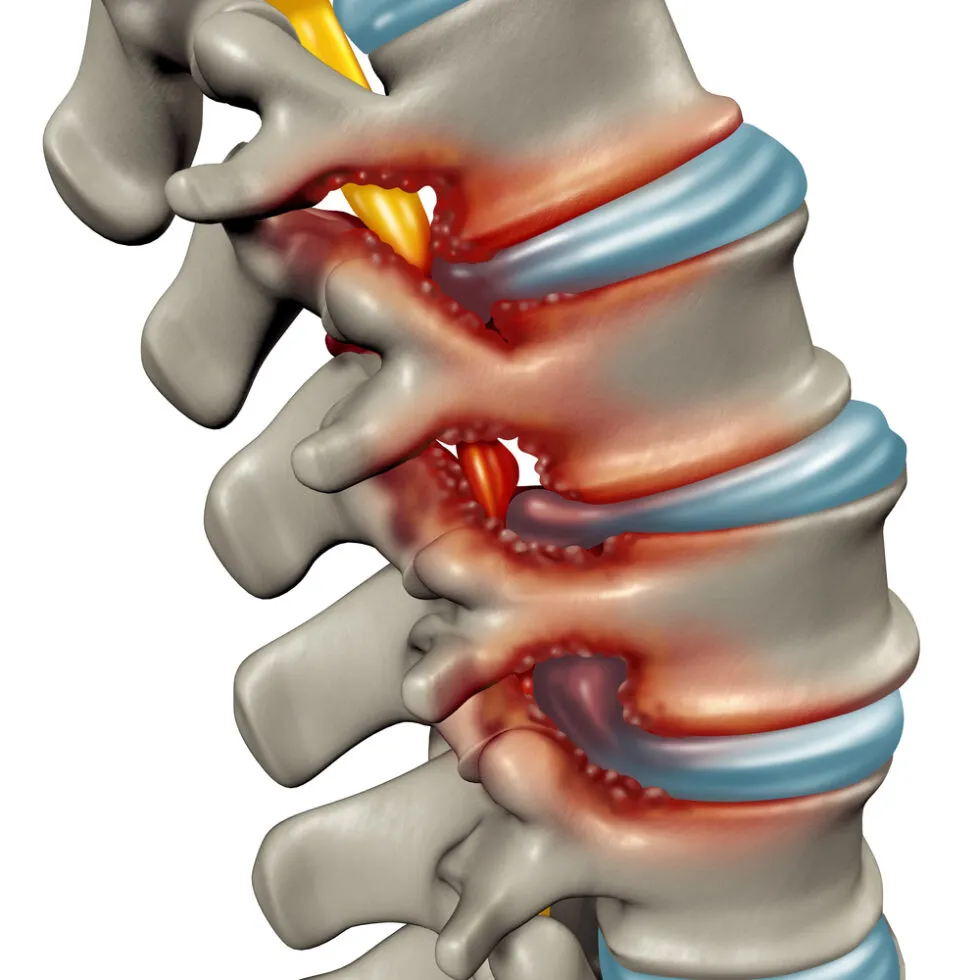
The sacroiliac joint, a crucial junction between the sacrum and the ilium bones in the pelvis, plays a pivotal role in supporting the weight of the upper body.
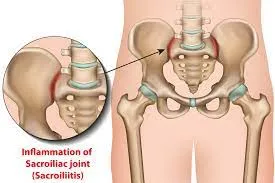
A rotator cuff injury can be a painful and limiting condition, impacting the functionality of the shoulder.
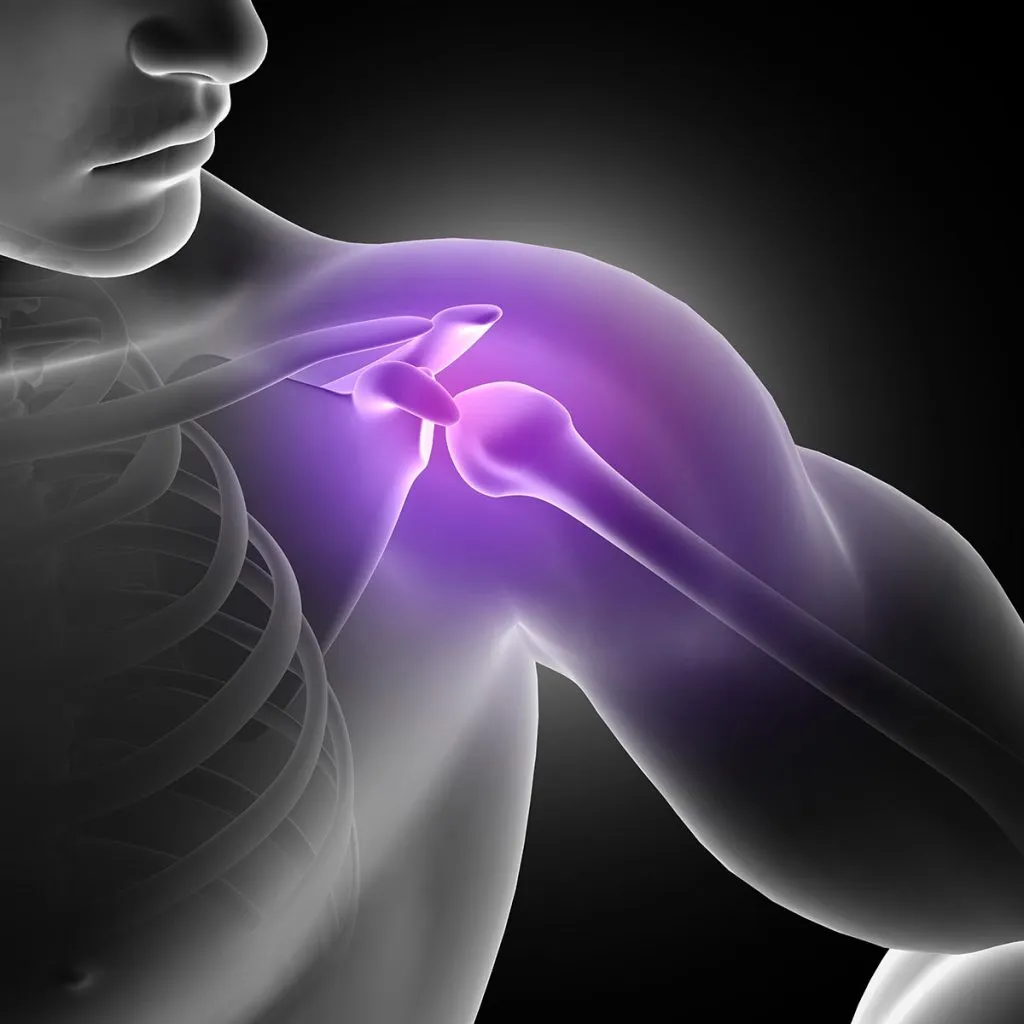
Suffering from lower back pain from sitting? It could be from poor ergonomics in your workplace. Learn more with these tips for how to alleviate pain from sitting.

Sciatica is a painful and often debilitating condition that affects numerous individuals worldwide.
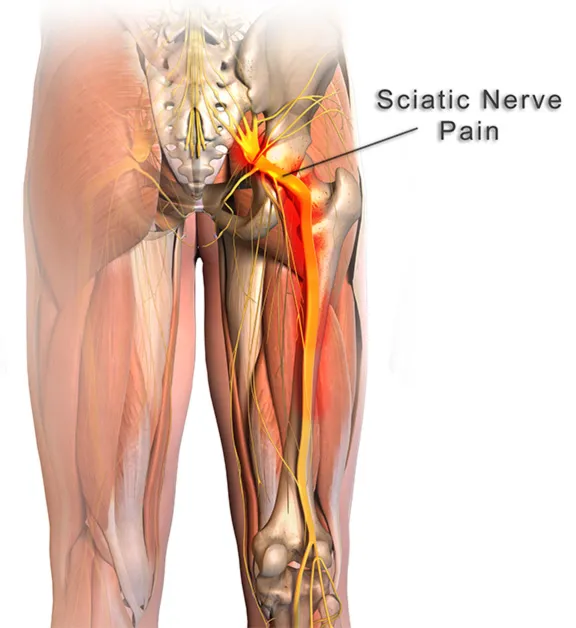
Gluteal tendinopathy is a condition that affects the tendons in the gluteal region, leading to pain and restricted mobility.
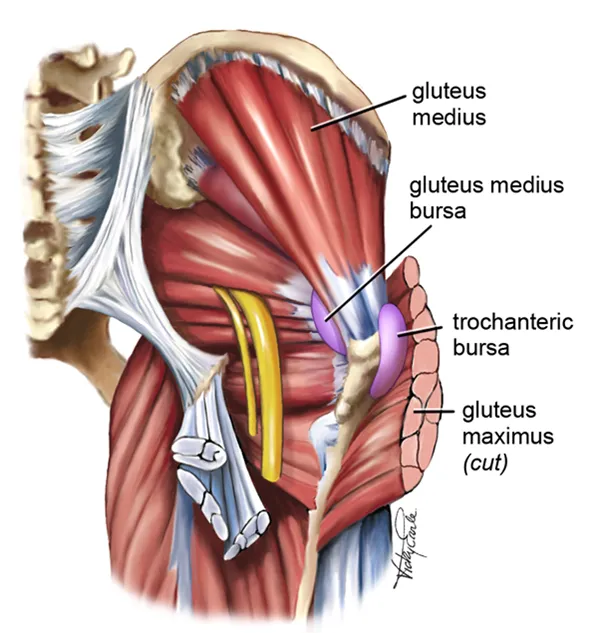
Tennis Elbow, also known as Lateral Epicondylitis, is a painful condition that affects the tendons in the forearm, causing discomfort and limited mobility in the elbow and wrist.

The temporomandibular joint (TMJ) serves as a pivotal mechanism, allowing us to perform everyday activities such as speaking, chewing, and yawning with ease. However, when this complex joint encounters issues, it can lead to Temporomandibular Joint Syndrome (TMJ syndrome).
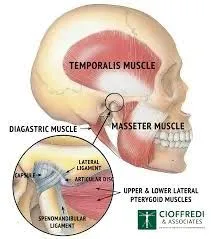
Tarsal Tunnel Syndrome (TTS) is a common and often painful condition affecting the tarsal tunnel—a narrow passage in the ankle.
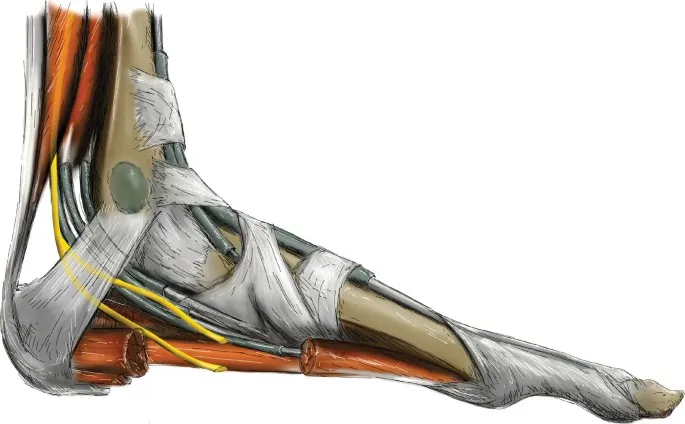
Explore the impact of time-restricted eating on heart health. Learn about the connection between diet and cardiovascular risk.
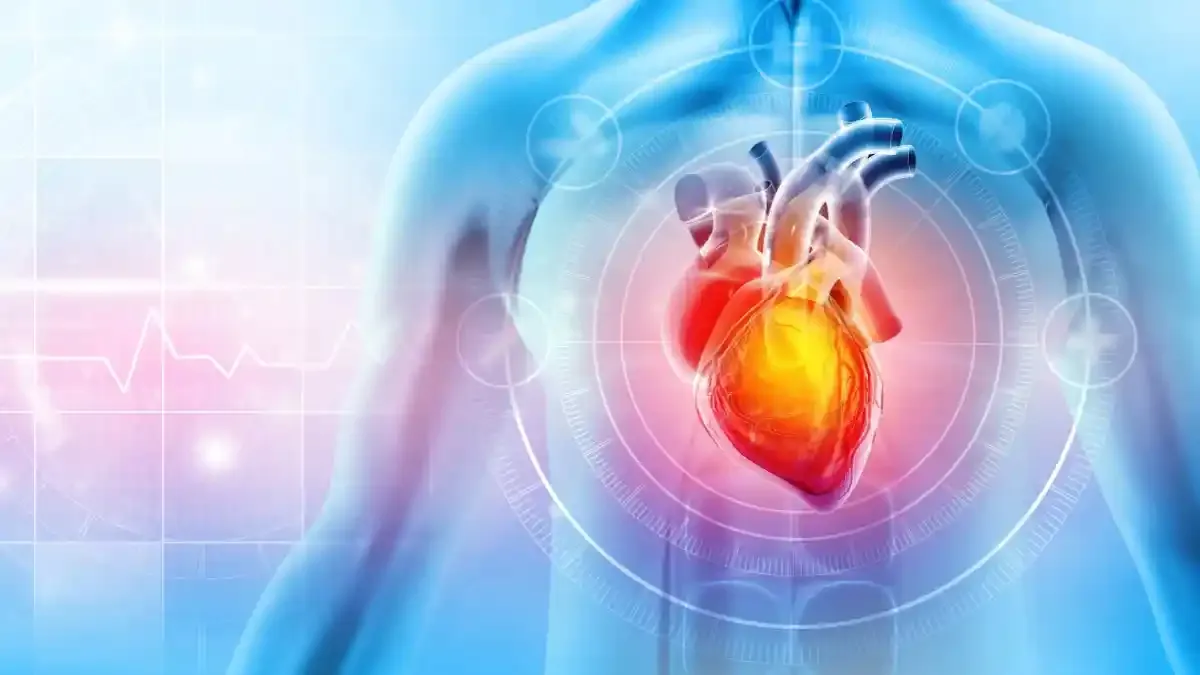
Most cases of foot or ankle pain are short term and are caused by soft tissue injuries, such as sprains or strains. You can usually ease the pain yourself But see York Rehab Clinic if the pain does not improve.
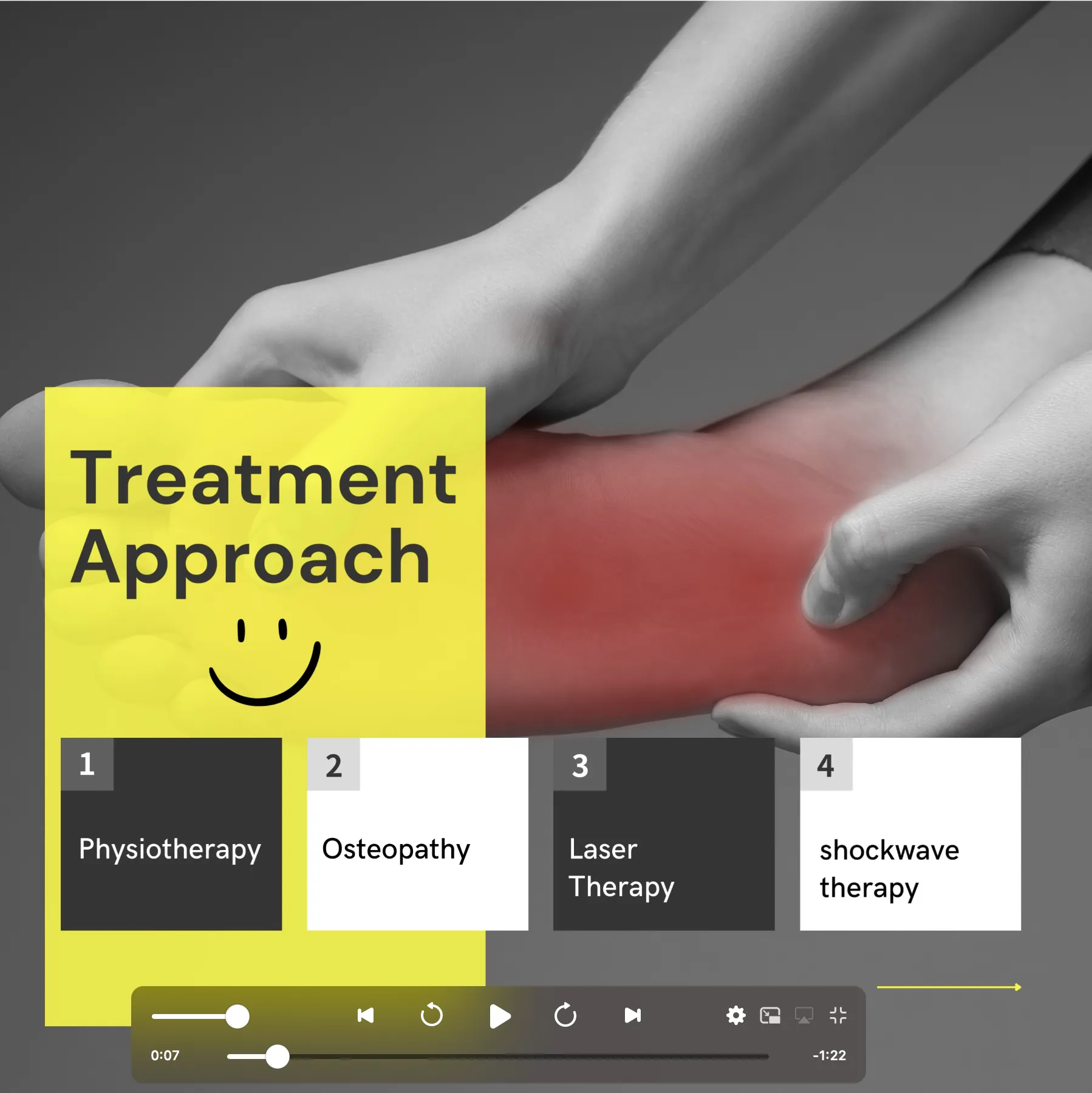
Bow legs is a genetic condition where the knees bow outward when standing. Learn its symptoms and causes at York Rehab Clinic.
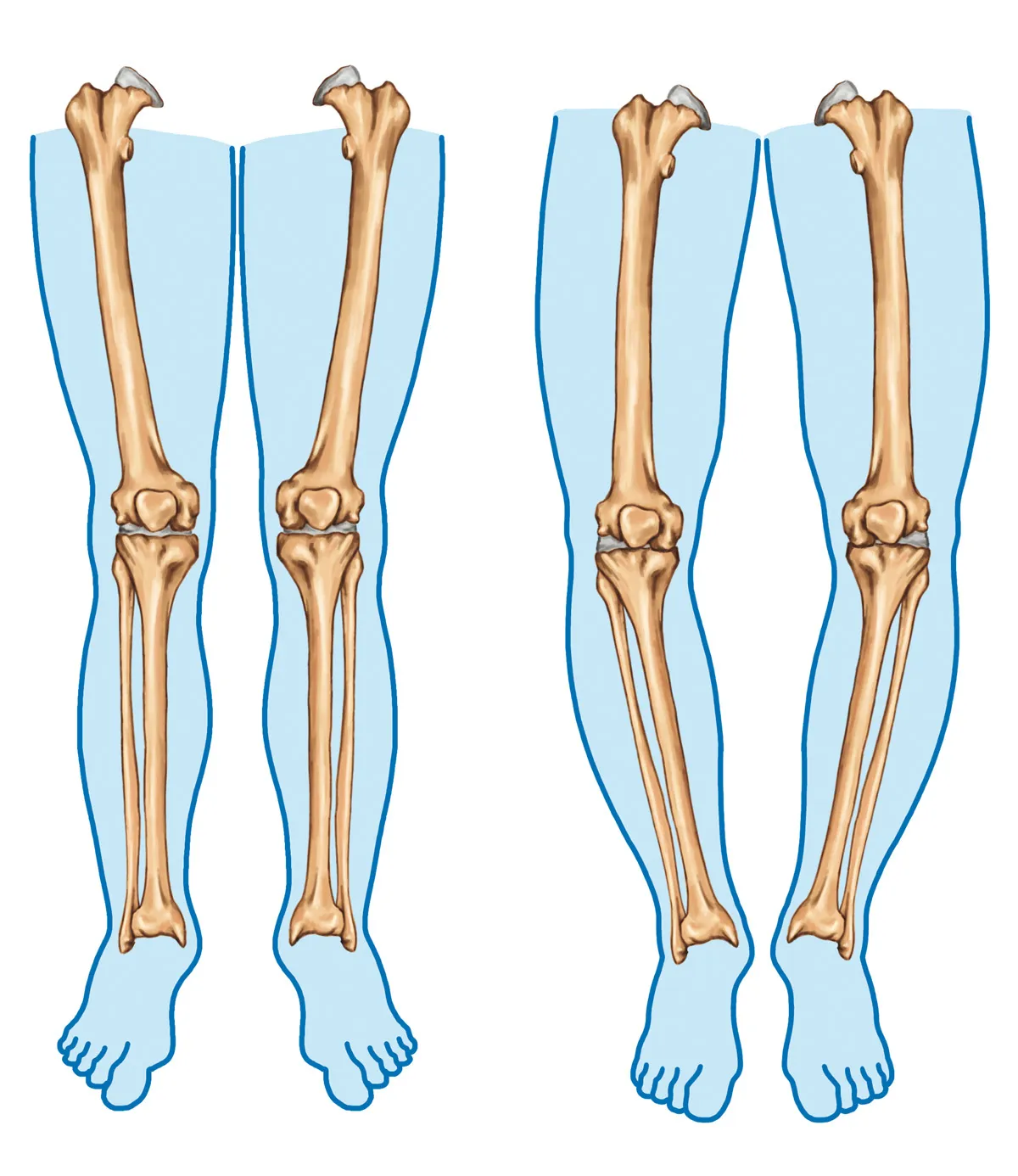
This article explores the complexities of Parkinson’s Disease and sheds light on the therapeutic benefits offered by osteopathy and physiotherapy.
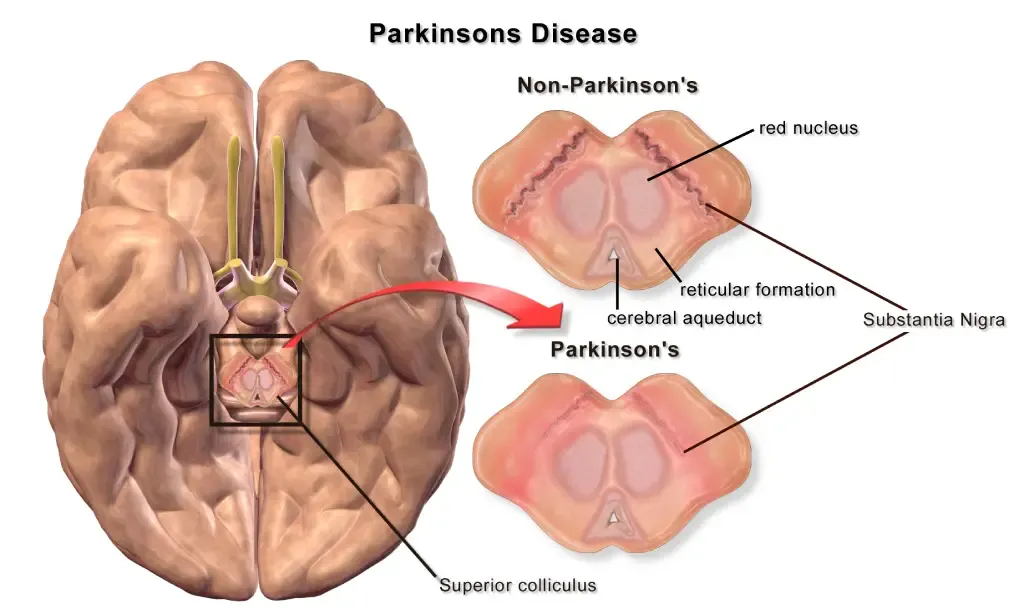
Cervical spondylosis, a prevalent condition, unfolds as a result of wear and tear on the spinal discs in the neck.
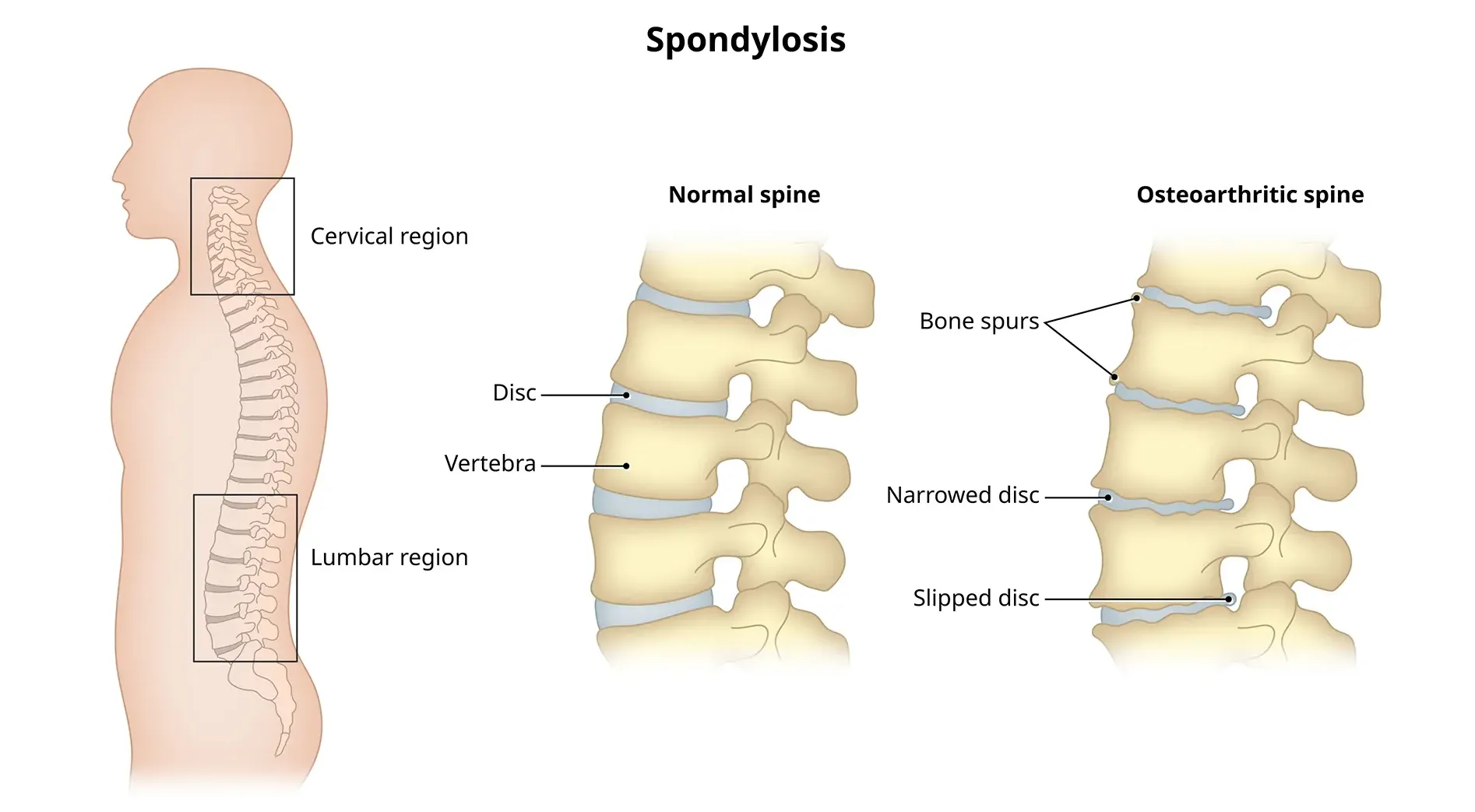
A dowager’s hump, a curve at the base of your neck, can cause extreme fatigue, back pain and headaches.
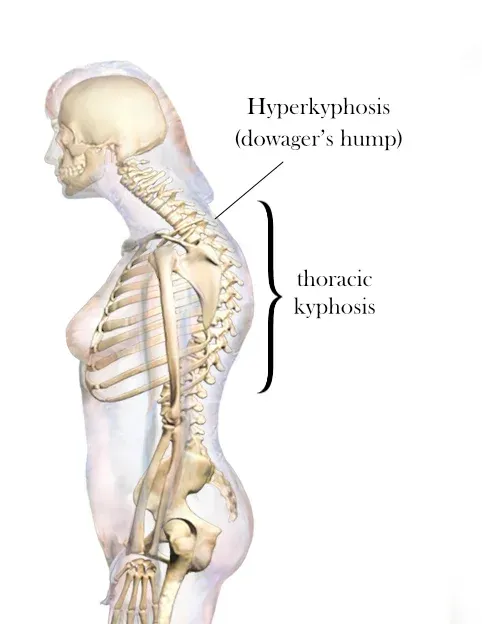
Flat feet cause pain, muscle strain, and fatigue. Treatments can ease discomfort. Symptoms include ankle pain, muscle fatigue and changes in walking.
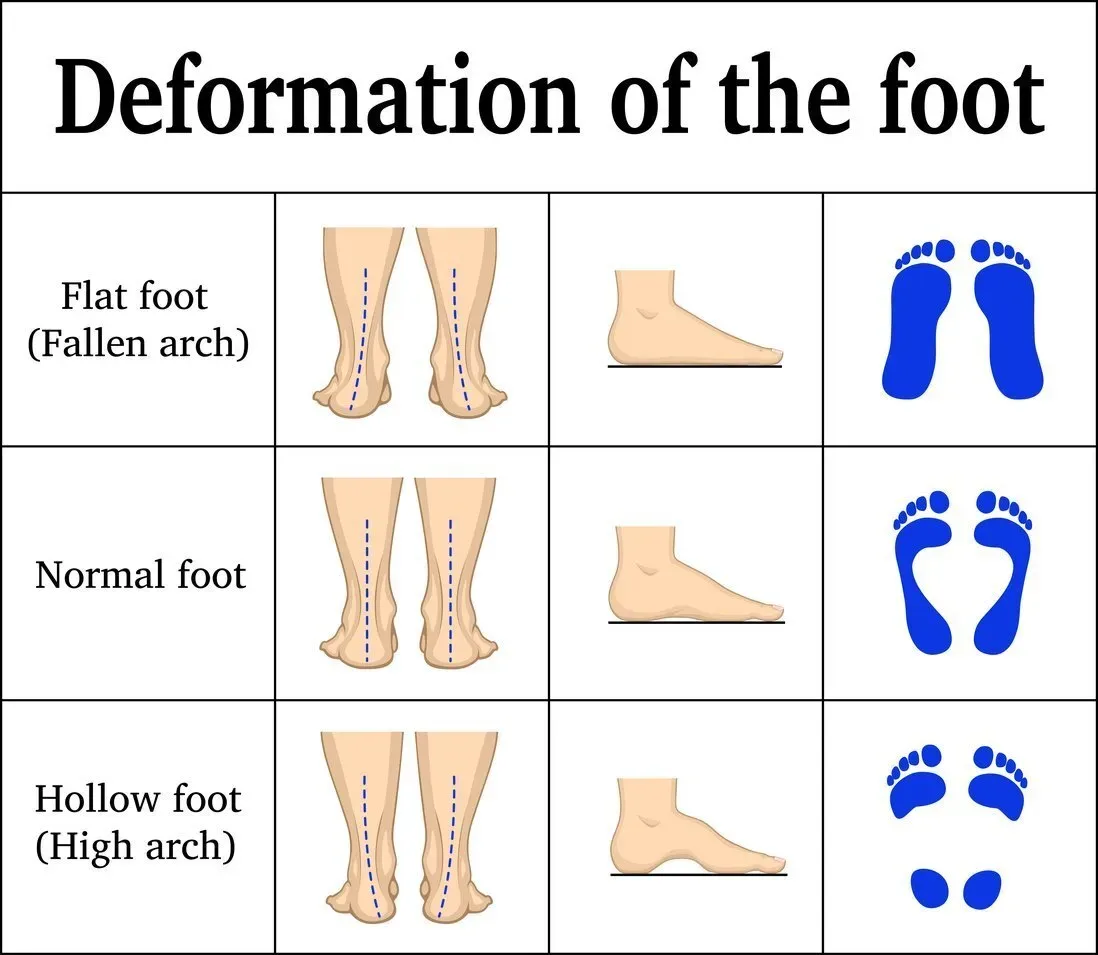
Traumatic brain injury (TBI) often results from a violent blow or jolt to the head or body, causing various physical and psychological effects.
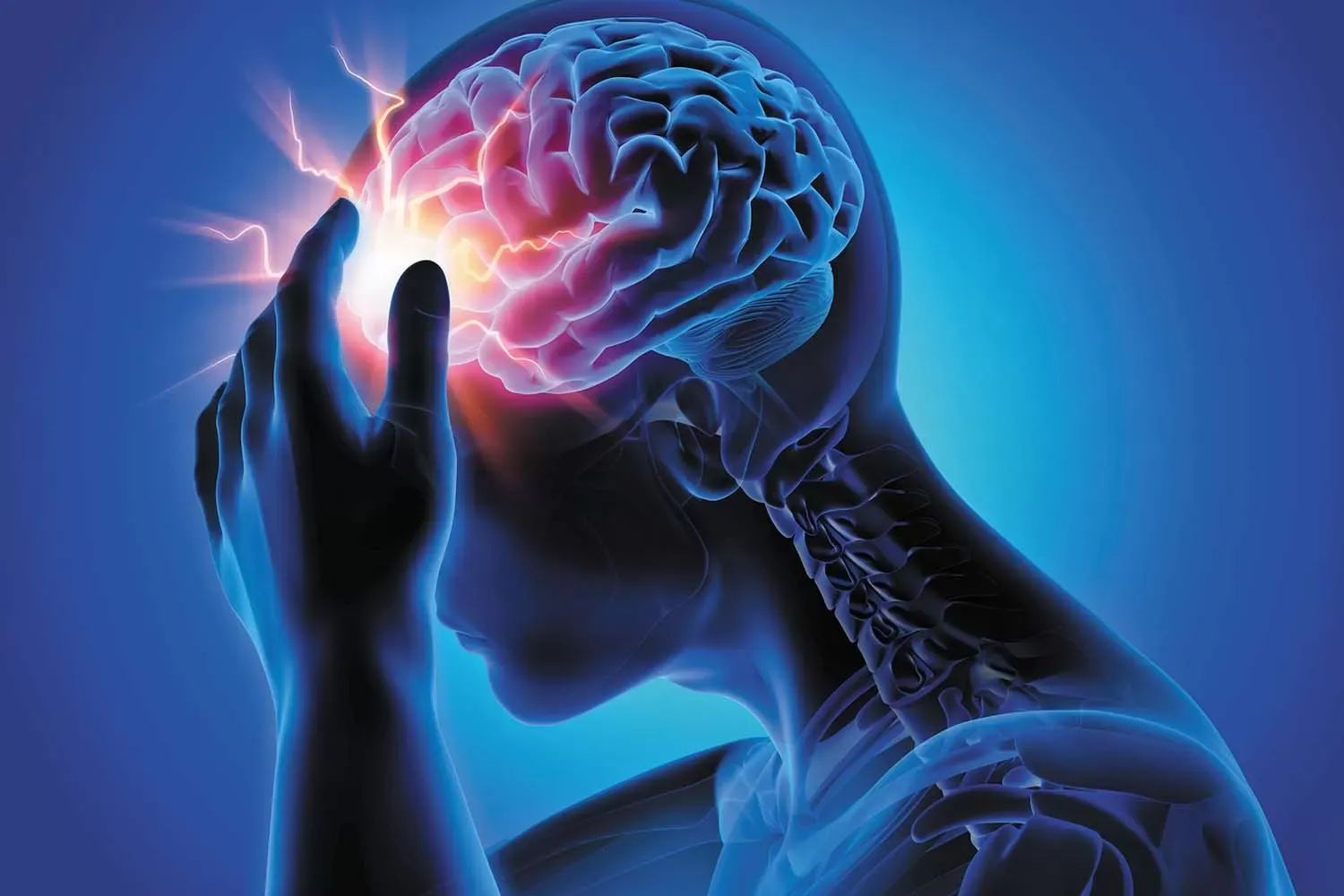
Introduction: Neck stiffness can be a discomforting and limiting condition that affects people of all ages.
